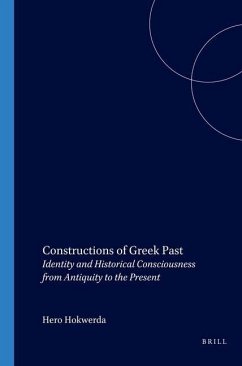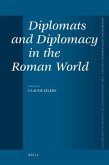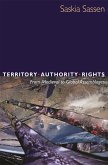In May 1999, a second conference of Hellenists (of all periods and subject areas) from the Dutch-speaking countries was organized in Groningen. The theme of this second conference was 'Constructions of Greek Past. Identity and Historical Consciousness from Antiquity to the Present.' The conference theme was described as follows:
When seeking to establish its own identity, a culture (country, people, nation) readily resorts to its own history, which it uses either as an example or as something to react against. In recent years there has been a growing awareness that this process often reveals more about a culture in the present day than the historical era to which it harks back: its own identity, and thus its own history, are 'constructed' in this way. The constructional approach is usually applied to the birth of new nation states and the development of their national ideologies, particularly in the nineteenth century. But it can be applied more broadly too.
Greek culture is an excellent subject area for studying this phenomenon even further back in history, precisely because its history is so long and included several 'Golden Ages' to which later periods could (and can) hark back. Greek culture still presents itself as a product of Ancient Greek and/or Byzantine culture. However, the problem of continuity in Greek culture has frequently manifested itself, particularly during periods of radical political, ideological or demographic change.
The Homeric influence on the Mycenaean world is therefore also an aspect of this phenomenon. The Homeric world served as an example for later periods, as did the Attic period for the Greeks in the Hellenistic-Roman age. The tensions between the Hellenistic and Roman character of the Greek world had a strong influence on the shaping of the Greek identity during late Antiquity and the Middle Ages. Those tensions still exist today (ellenismós/ellenikótita v. romiosyni).
The theme was designed to bring together Hellenists of all periods and disciplines (literature, language, history, archaeology, ecclesiastical history, sociology etc.) relating to the Greek world. The colloquium sessions were held in Dutch, but the papers are published in English (two in French).
Hinweis: Dieser Artikel kann nur an eine deutsche Lieferadresse ausgeliefert werden.
When seeking to establish its own identity, a culture (country, people, nation) readily resorts to its own history, which it uses either as an example or as something to react against. In recent years there has been a growing awareness that this process often reveals more about a culture in the present day than the historical era to which it harks back: its own identity, and thus its own history, are 'constructed' in this way. The constructional approach is usually applied to the birth of new nation states and the development of their national ideologies, particularly in the nineteenth century. But it can be applied more broadly too.
Greek culture is an excellent subject area for studying this phenomenon even further back in history, precisely because its history is so long and included several 'Golden Ages' to which later periods could (and can) hark back. Greek culture still presents itself as a product of Ancient Greek and/or Byzantine culture. However, the problem of continuity in Greek culture has frequently manifested itself, particularly during periods of radical political, ideological or demographic change.
The Homeric influence on the Mycenaean world is therefore also an aspect of this phenomenon. The Homeric world served as an example for later periods, as did the Attic period for the Greeks in the Hellenistic-Roman age. The tensions between the Hellenistic and Roman character of the Greek world had a strong influence on the shaping of the Greek identity during late Antiquity and the Middle Ages. Those tensions still exist today (ellenismós/ellenikótita v. romiosyni).
The theme was designed to bring together Hellenists of all periods and disciplines (literature, language, history, archaeology, ecclesiastical history, sociology etc.) relating to the Greek world. The colloquium sessions were held in Dutch, but the papers are published in English (two in French).
Hinweis: Dieser Artikel kann nur an eine deutsche Lieferadresse ausgeliefert werden.








